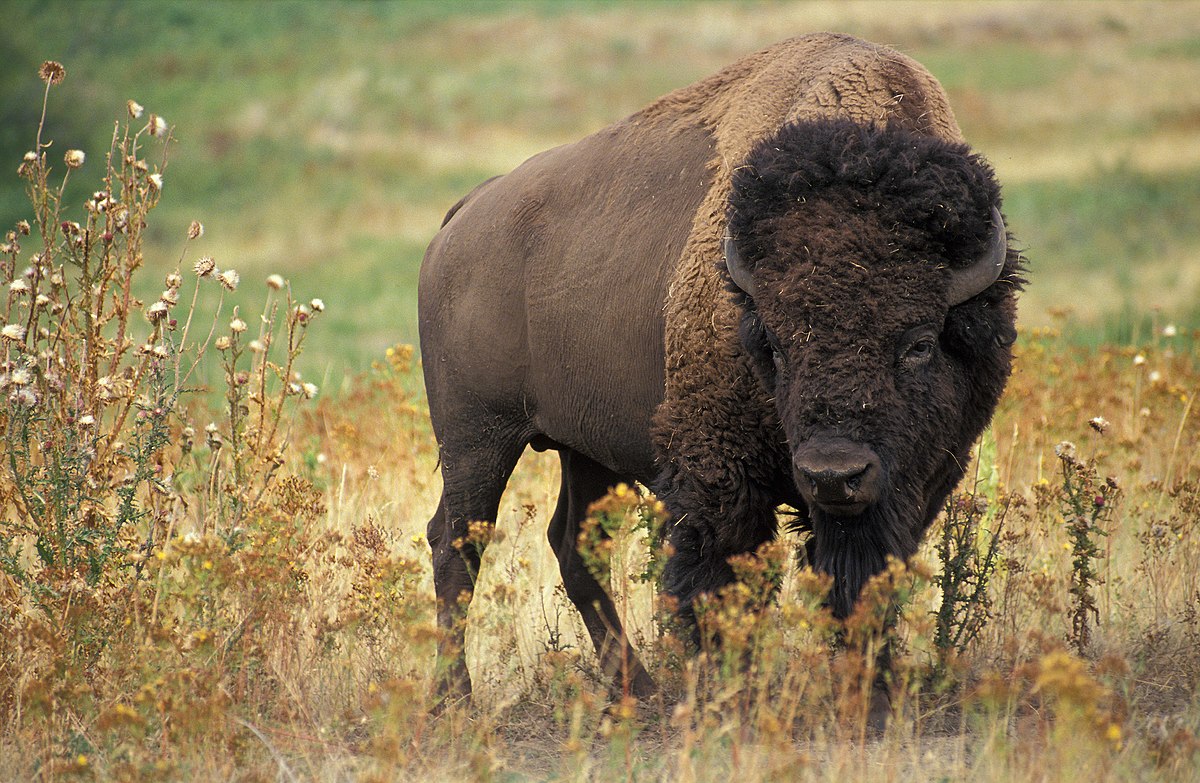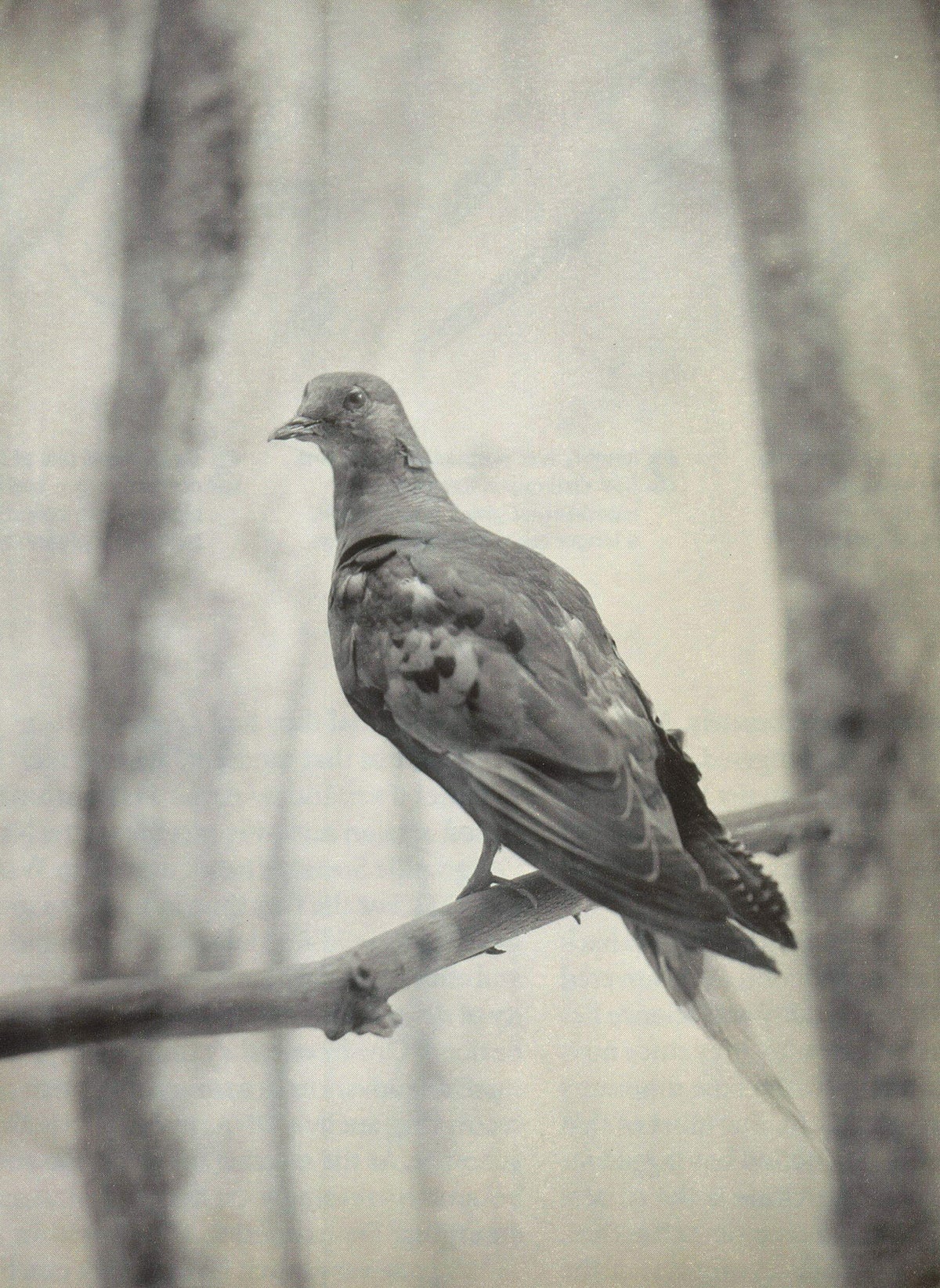I'm not speaking of avoiding the extinction of prehistoric animals like the Mammoth, but rather ones that went extinct in the past few hundred years. Animals like the Quagga, Barbary Lion, Thylacine, Dodo, etc. Even if we go back to the 1627 there were still wild Aurochs in Poland (though from what I gather they were well below replacement levels for decades). Is there a way that some of these animals can be saved, if only in captivity? Perhaps an earlier conservation movement that starts in the 1800s? It's not like huge numbers are needed, the American Bison had less than 1,000 individuals at one point and has over 30,000 today.
Many of these animals would go extinct because they interfered with humans, especially European colonists. So any PoD that limits colonialism, slows it down, or creates a more ecologically 'friendly' form of colonialism could help as well.
Many of these animals would go extinct because they interfered with humans, especially European colonists. So any PoD that limits colonialism, slows it down, or creates a more ecologically 'friendly' form of colonialism could help as well.

